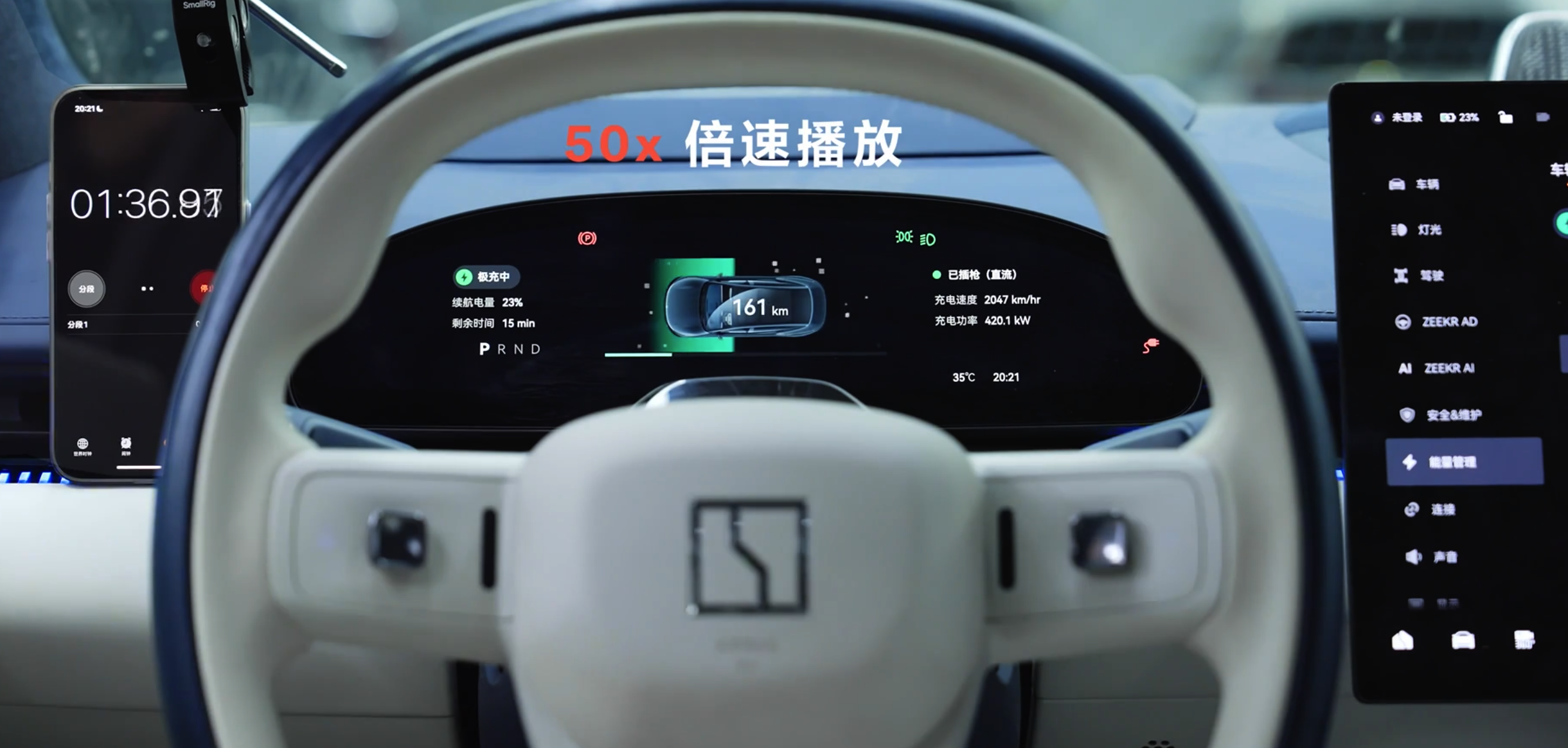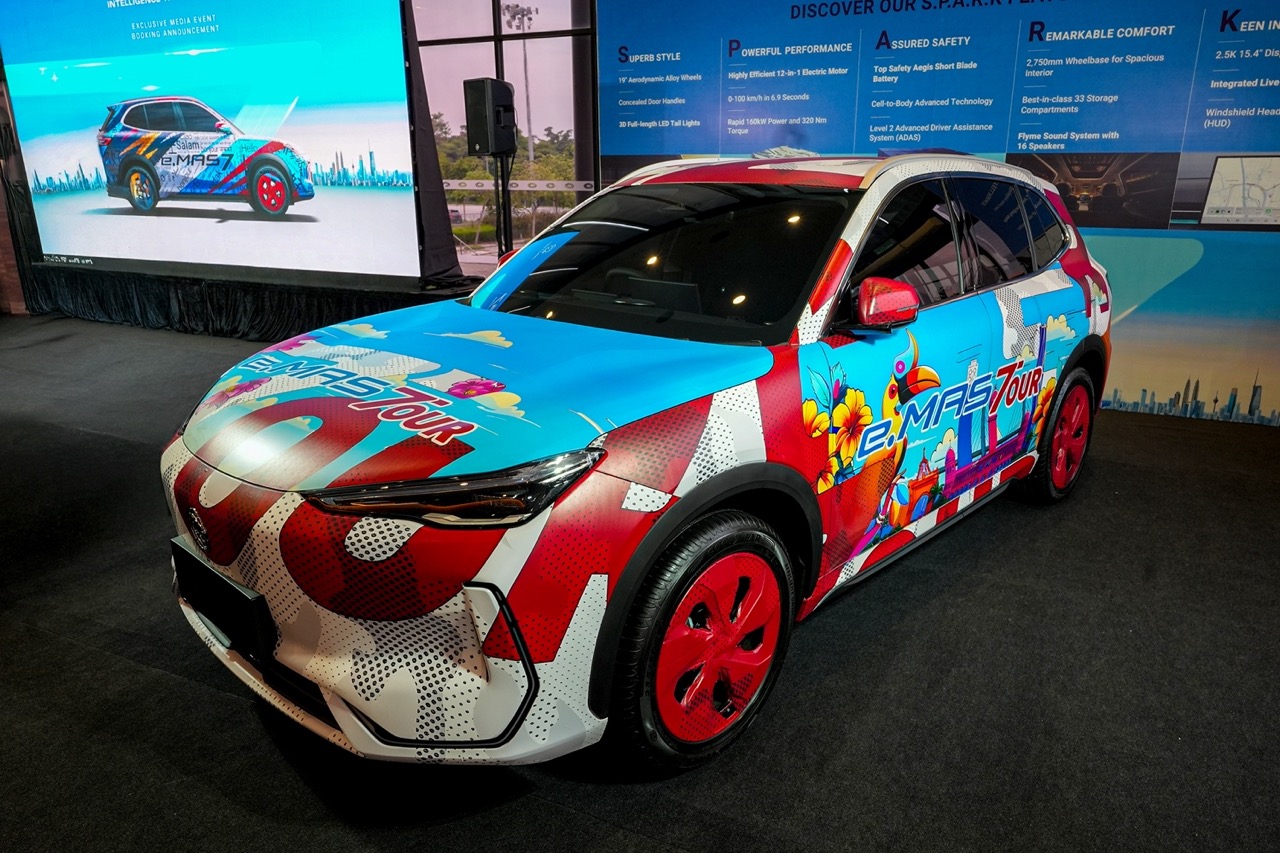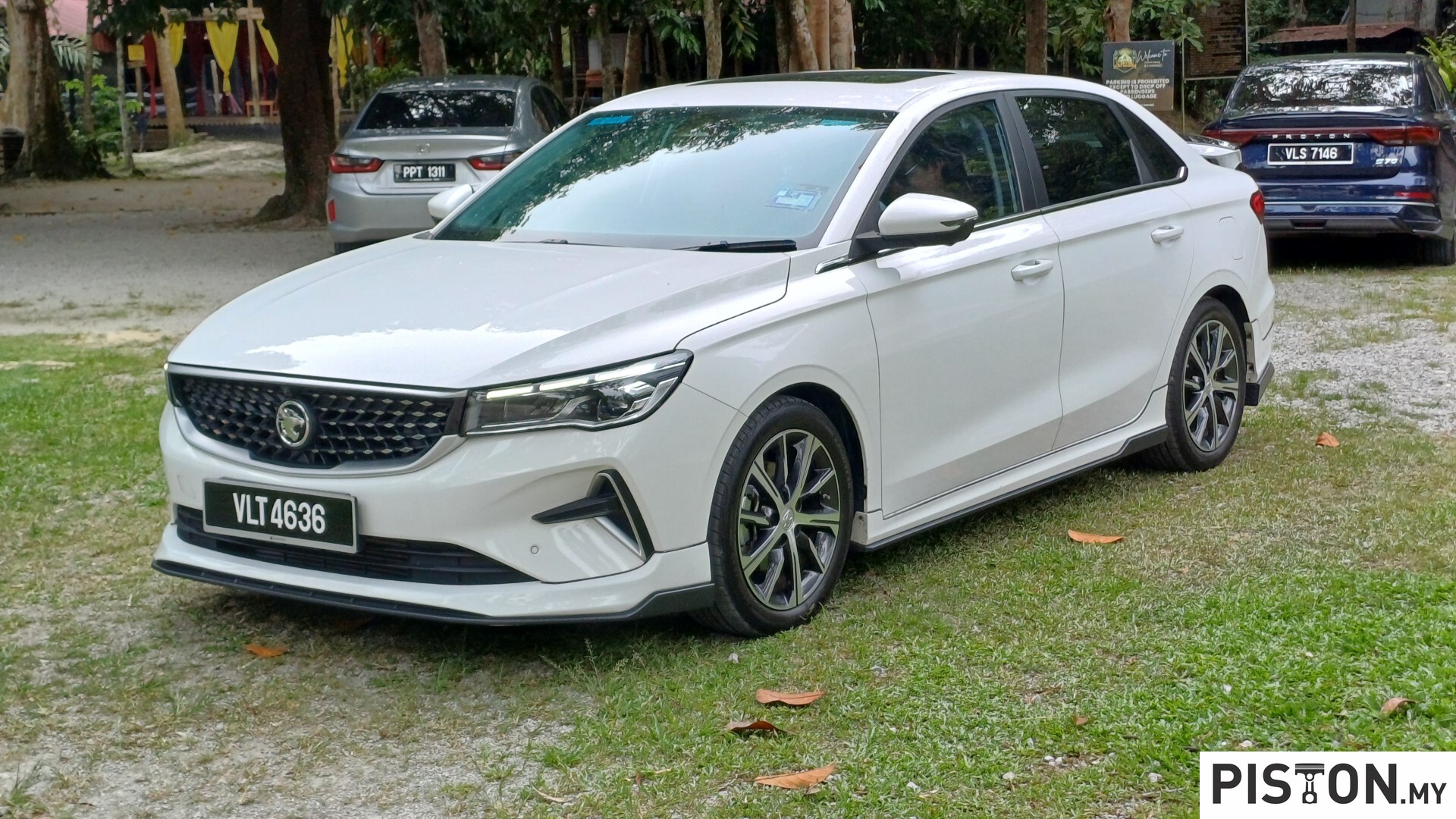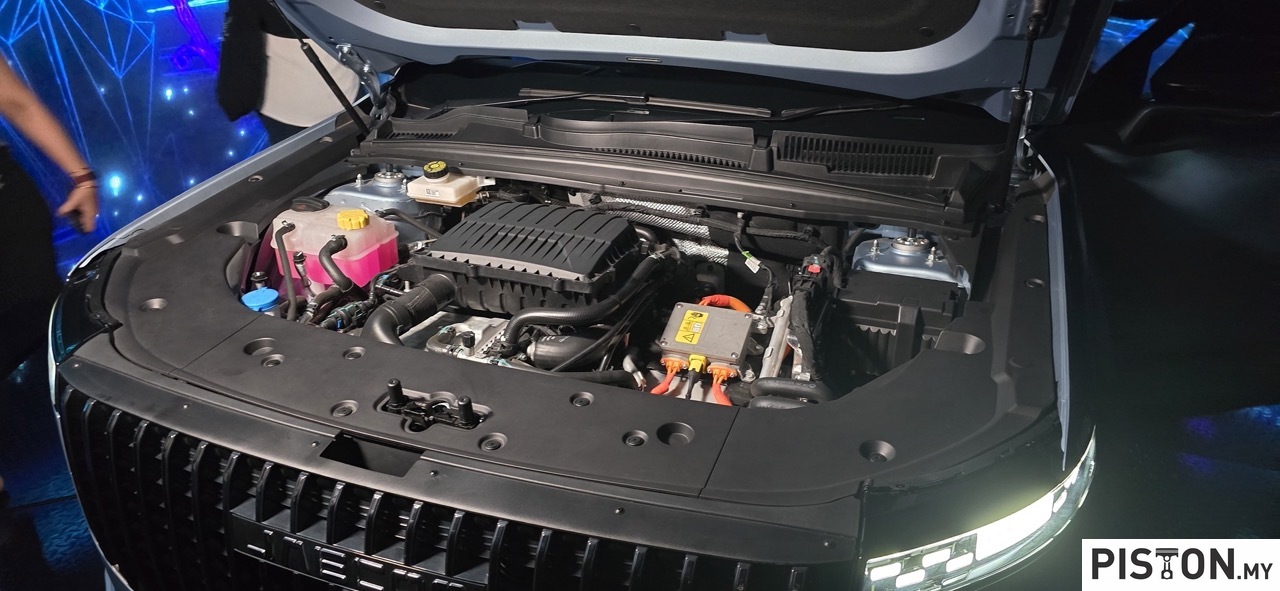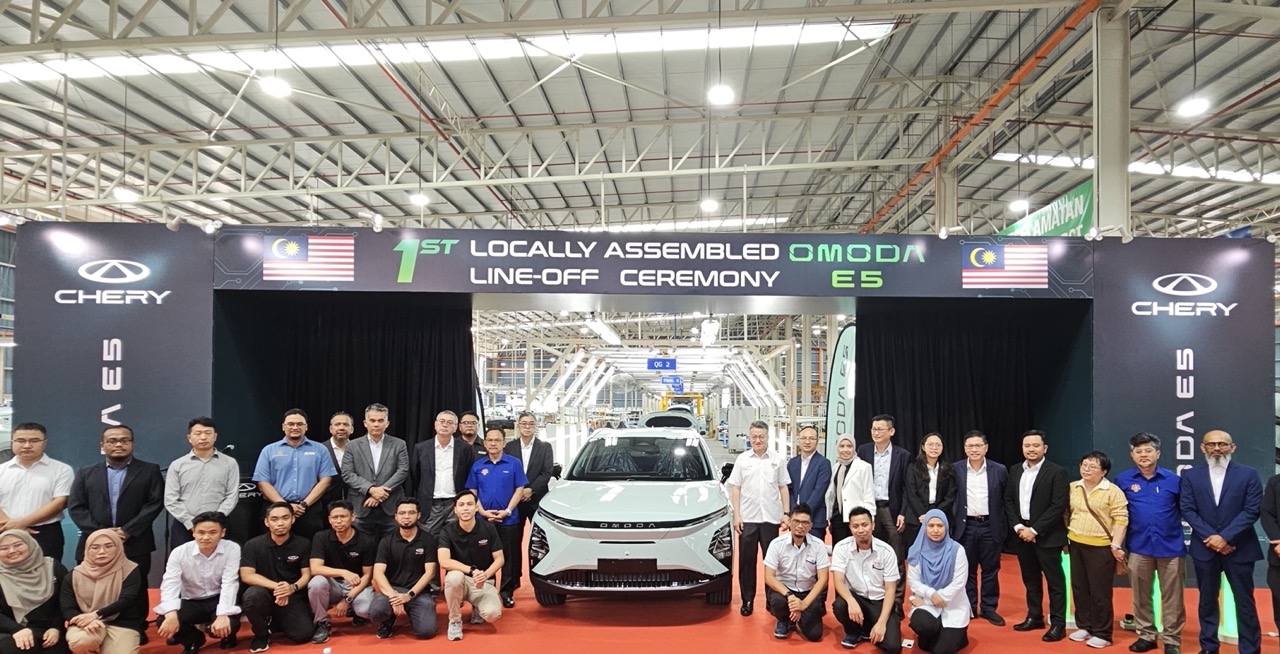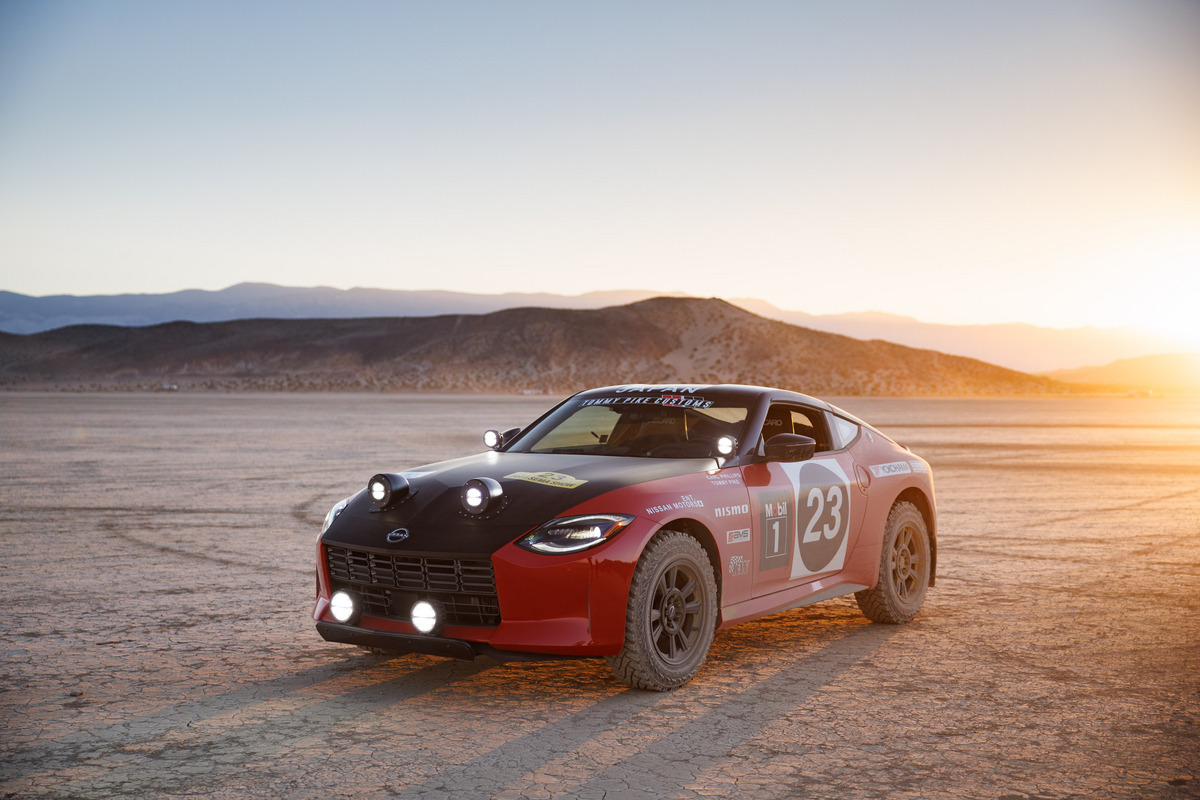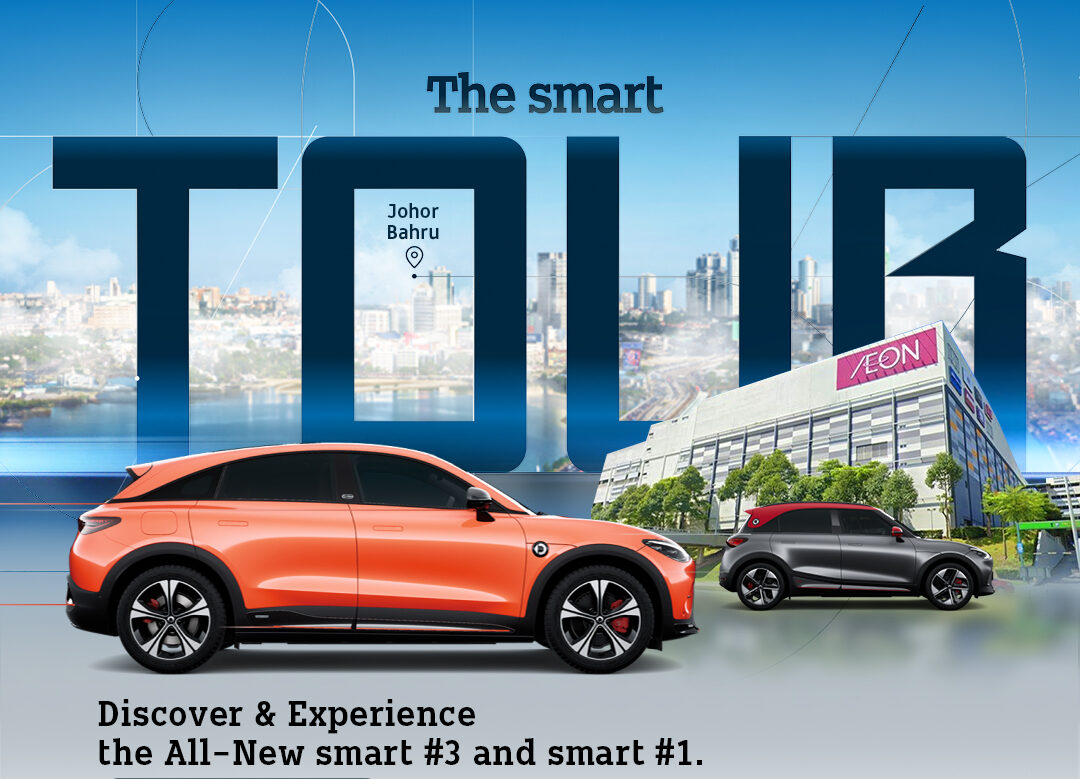The J.D. Power 2024 U.S. Tech Experience Index Study highlights the mixed reception of advanced technology in new cars, showing that while some features are praised, others frustrate owners. The study uses a “problems per 100 vehicles” (PP100) scale to rank the tech issues reported by new car owners within 90 days of purchase.
Some of the most problematic features include gesture controls, which recorded 43.4 PP100, with 21% of owners citing a lack of functionality. Hands-free driving assistance systems also received low ratings for usefulness, with even more advanced versions struggling to gain approval. These findings suggest that while automakers are investing heavily in innovative tech, not all of it resonates with customers.
However, certain Advanced Driver Assistance Systems (ADAS) like blind spot monitoring scored favourably. These features, which address specific needs in driving, seem to be more appreciated than newer innovations that drivers find unnecessary or confusing.
Passenger display screens, a popular addition in higher-end models, were poorly received, with many owners deeming them unnecessary. Despite their increasing presence in luxury cars, only 10% of vehicles regularly carry front passengers, leading to a disconnect between the feature’s availability and its actual usage. Dealers are also struggling to educate buyers on how to use these additional displays.
Even tech-forward brands like Tesla are facing growing pains. Mainstream buyers have reported issues with features such as Tesla’s driver monitoring systems, reflecting the challenges of transitioning beyond early adopters.
This year, J.D. Power also introduced a return on investment analysis, aimed at helping automakers decide which tech features are worth including in future models based on their customer satisfaction and usability ratings.





